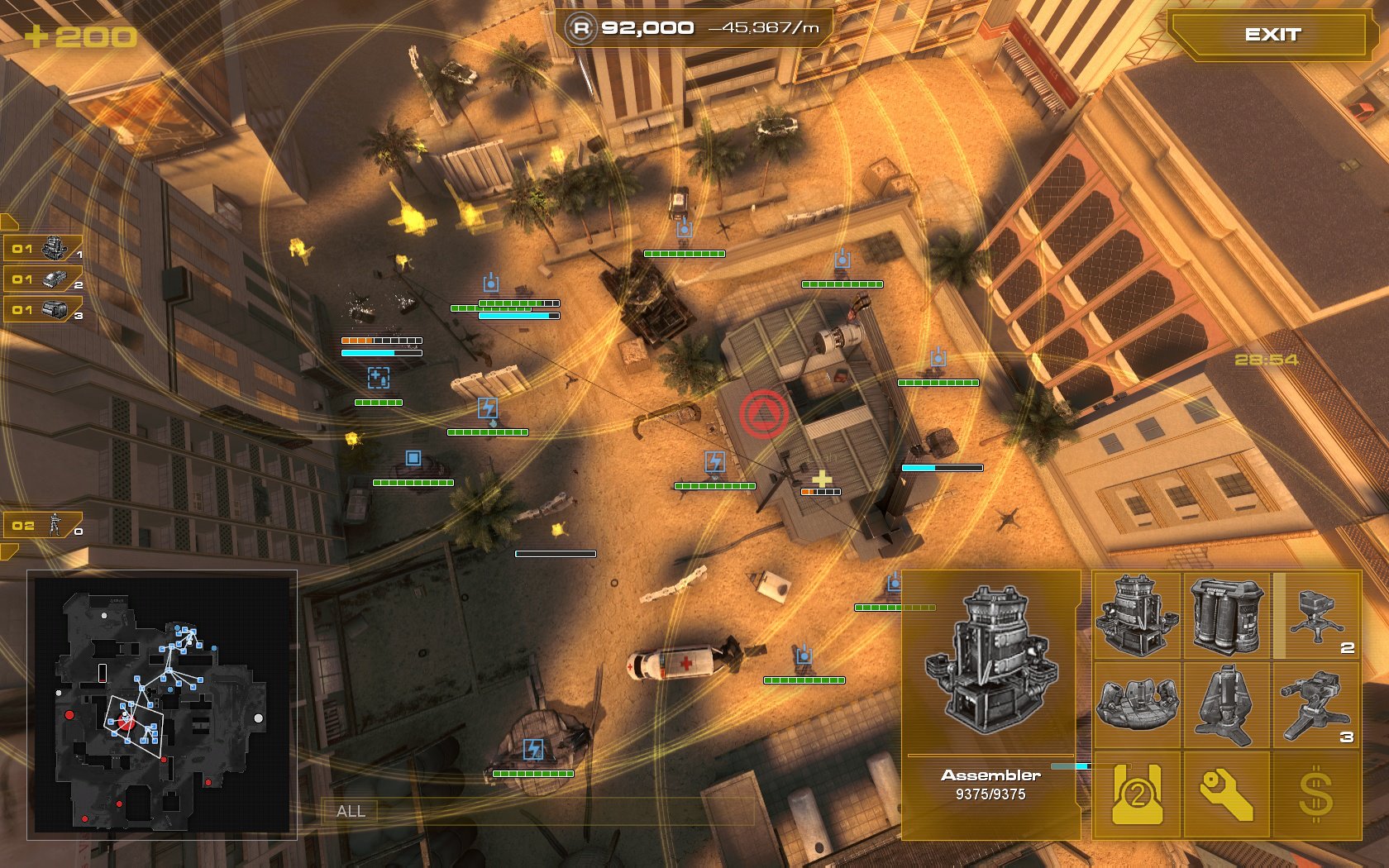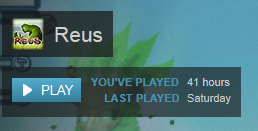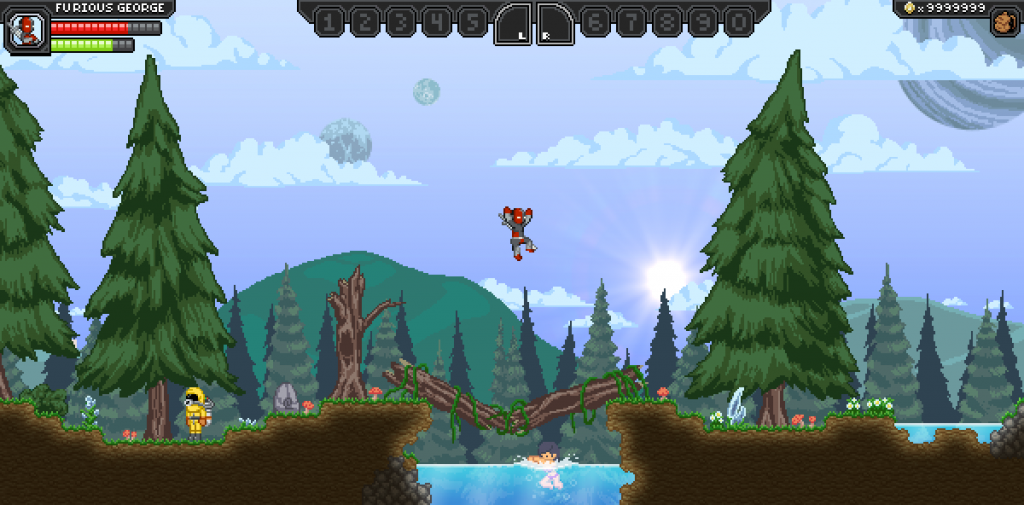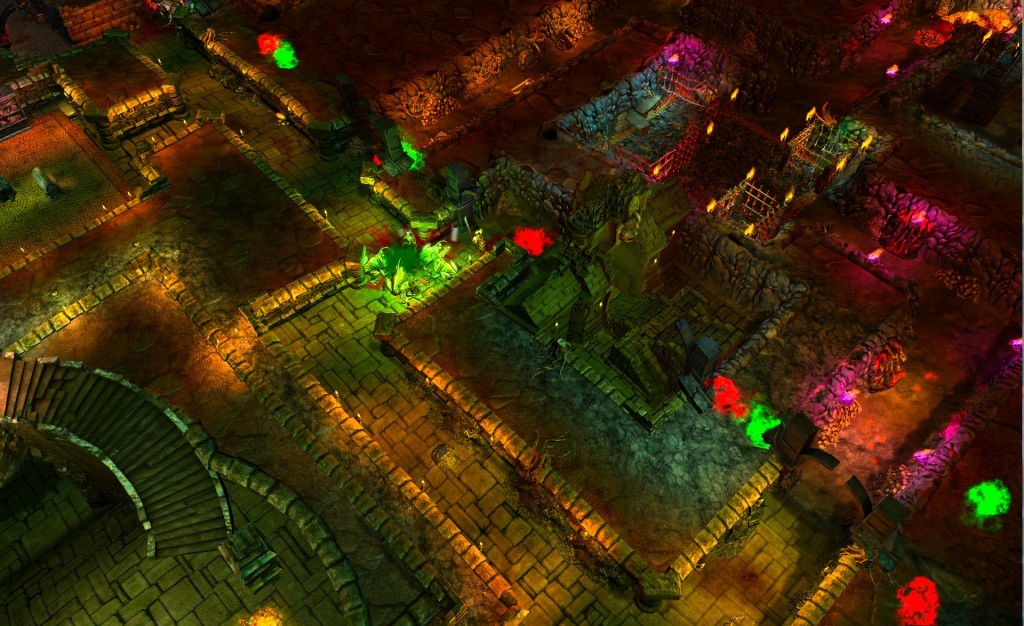On Games Journalism: How Much Do You Play Before Review?
Reviewing games, as much as it’s seen as “Just playing a game, then writing about it”, is actually a fairly nuanced subject… And, because one thing I often see is reviews that reveal how a reviewer has missed something that colours their whole review (It happens to a lot of us, but it is something to watch out for), it’s something I’ve chosen to move up the “On Games Journalism” timetable.
How Long Should A Reviewer Play?
A comment I got, a fair while back (As much due to not properly editing an article I wrote while writing the game as differing ideas of “How long should a game’s examination take?”), when I wrote about Skyrim, was that it was not possible to review Skyrim in 33 hours. Balderdash. 4 hours (What I’d written at the start of the review, adding unnecessary confusion) was enough to note a fair bit about how it differed from previous games in the franchise (Especially since I had played the rest of the series), and 33 hours? That was enough to finish several guild questlines, get most of the way through the main storyline, and enough time to get bored. In fact, with a few exceptions, I started to feel bored about 9 hours in, and remained somewhat bored for the majority of the time. I cared about the woes in Morrowind. I cared about the woes in Oblivion. I didn’t, particularly, care about the Dovahkin and the politics of Skyrim.
There are three indicators of when you should stop, gather your thoughts, and write things down. When the game is too buggy to continue (4 BSODs was 3 too many for Sword of the Stars 2.) When you are bored of what you are doing for a long period (The game is not engaging you. Be honest about that.) When you’re pretty sure you’ve got a good picture of the game. We’ll come back to that last one, because it’s the hardest to judge.
Should A Reviewer Finish A Game?
Where possible, yes. But if you are not invested in finishing the game, either somebody on your end fucked up by asking you to review it, or the game just isn’t that interesting in the first place. I was not, and still am not invested in finishing Skyrim, despite loving me some RPG action. However, something complicates this: Often, it is considered bad form to talk about later parts of a game in anything but generalities, and there’s this strange disconnect between readers who want to know if it’s actually worth slogging through a game to the end, and readers who GODDAMMIT SPOILERS SPOILERS SHUT UP WITH THE SPOILERS ALREADY. One of these groups tends to be a tadge more vocal and angry about it than the other, you may have noticed. And even putting a spoiler warning on the title and having a headline view won’t necessarily stop folks getting angry.
This does lead to some less than useful disincentive. Another one we’ll deal with a moment.
However, this varies from game to game. Some games can never be “finished”, so finishing a review is a case of seeing enough of how it plays to know what you’re talking about. Some games have a difficulty curve, or other design features that mean finishing it is going to take you forever (Older RPGs and Strategy games are particularly prone to this), so it’s unlikely you’re going to be able to talk about the endgame. And sometimes, the game makes it not worth the time it’s going to take… The phenomenon known as Grindfest. For example, I’d be surprised if many folks who looked at the .//HACK games actually finished them before review. Not all, because some folk are that dedicated and good, props to them, but many. Because god-damn, that series has some serious grind. Does that mean they’re not good? Matter of taste. But it does mean they’re more difficult to completely review.
How Quickly Does The Review Need To Be Finished?
Ah, this, this is a problem! And I have good news… And bad news. The bad news, first, is that, the later you write a review, the less people will care. Many will think that they’ve gotten a good picture from a day one review, but… This isn’t necessarily the case (In fact, “Day One Review” is often used as an insult, claiming that the review is biased. We’ll talk about that another time.) Skyrim, once again, returns (Yes, there’s a reason I reprinted that one today.) You see, the review was written during a very infamous patch… You know the one. The one where dragons flew backwards, and armour that was meant to be weak to something was strong to it, and vice versa (A misplaced negative number symbol was the cause of the latter, by the way, and it was fixed.) Did that affect the review? Not particularly. In fact, re-reading it, I’m not as sure why it got the hate it did (Even after the correction). I was much nicer to it than I could have been. But it could have.
To take another (and seemingly better) example: You can get an idea of how Half Minute Hero plays from the first hour. But that’s not as useful as you’d think, because the game changes. If you just went by Hero 30, you’d miss the other game modes, how they differ, and extra story that you can think about. You would miss, in short, a large portion of the game you’re meant to be reviewing. Whoops. Big whoops.
The good news is that, in the case of games that take more time to review, people are more patient. PR folks will understand if you take two weeks, or even a month to review a large game. Editors on a publishing schedule less so, sadly.
The point I’m trying to make here is that, the bigger the game, the longer you should take over it. And that although day one issues should be acknowledged and discussed (Especially in the case of trainwreck day ones), they shouldn’t dominate your review.
Am I Missing Something Important?
This is an important issue. Make sure. Half Minute Hero was a good example, and another? SWYDS2015. That arrow is obvious. It leads to more options. But some folks apparently missed it (Not naming names, but it happened.) And so they missed the game getting progressively weirder as it goes on. This, as much as anything else, is a factor in how long you play the game before review. And I could cite many more examples where the game changes in some important fashion later in the game. Hell, one of the first would be the first Ultima, which had a space battle segment late in the game because… Well, I don’t actually know for sure. It was pretty jarring. Might and Magic pulled a similar trick with their first game worlds, CRON and VARN (Stale Spoiler: They’re not, strictly speaking, planets.)
These factors sound simple… But unfortunately, the variety of games, and the tricks developers like to play (Even today), means that you will always find edge cases. It’s part of the reason reviewing is not as simple as it looks. It’s part of the reason why a good review takes time and effort. Mistakes will, undoubtedly, be made. We’ll go into that, other facets of reviewing, and how we all make mistakes another time.











